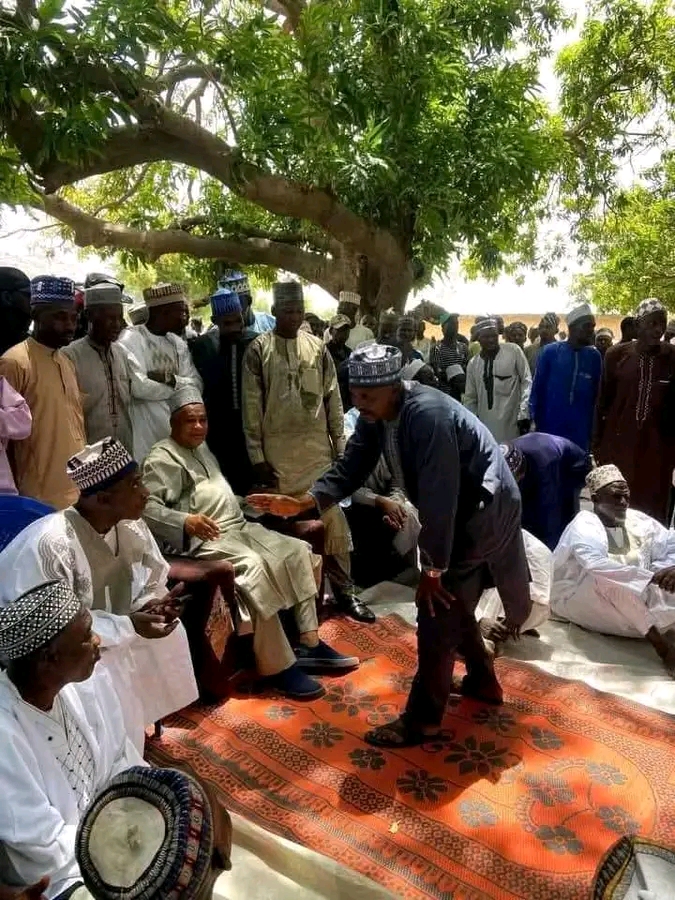News Analysis – By Abdul Lauya
In Danmusa, Katsina State, history was not made, it was unmade. A nation did not heal; it hemorrhaged. The image of Ado Aleru, a man with the blood of countless innocents on his hands, sitting among soldiers and traditional rulers, was not just a tragic spectacle, it was a national confession of failure. Nigeria, a state constitutionally sworn to protect its people, has now bent its knee to a warlord.
This wasn’t diplomacy. It was surrender. And it wasn’t silence, it was complicity.
In the face of international norms, the spectacle in Danmusa stands in stark contrast. Nations the world over have, at one point or another, faced internal insurgencies and non-state actors, from Colombia’s FARC to Afghanistan’s Taliban. The outcomes have varied, but the principles remained anchored in transparency, public accountability, and crucially, the rule of law. Even when dialogues occur, they are structured, monitored, and sanctioned within frameworks that prioritize victims, justice, and long-term peace. In Nigeria’s case, the handshake with Ado Aleru was shrouded in opacity, sanctioned by desperation, and paid for by the blood of villagers whose stories rarely make it beyond local headlines.
The Nigerian government, particularly at state levels, is increasingly leaning on “negotiation” as a euphemism for appeasement. And behind this so-called pragmatism lies the foggy financial sinkhole of security votes — opaque, unaccounted, and untraceable. These billions, tucked into state budgets under the guise of tackling insecurity, have become slush funds for political patronage and private enrichment. Governors spend without oversight, while rural communities are razed, farmers kidnapped, and highways turned into ambush zones.
What, then, is the security vote used for? It is clearly not for arming vigilantes, strengthening intelligence networks, or rehabilitating victims. It is not being used to fund local police forces or protect the vulnerable. In states like Katsina, Zamfara, and Niger, where killings have become routine, the correlation between high insecurity and high security votes is too damning to ignore.
And so we must ask: is it expedient to crush or negotiate with the devil?
There is no dignity in diplomacy with the deranged. There is no peace in paying tribute to terror. The more bandits are negotiated with, the more they multiply, because impunity is a currency they trade in. Each negotiation sends a signal: crime pays. And in Nigeria, it pays handsomely.
Leadership is not measured by how many blood-stained hands one can shake, but by how firmly one can grasp the sword of justice in defense of the powerless. If the state cannot protect its people, then what is its purpose?
Negotiation has its place, but not at the cost of justice. Not in the face of mass graves. Not when warlords become dignitaries and killers are given thrones.
In Danmusa, Nigeria made its choice. It chose appeasement over accountability. Pageantry over principle.
But the people? They still wait for justice. And justice, like peace, does not come from bowing to bandits. It comes from standing up to them.
For advert placement and inquiries, publication of press releases, and news coverages, please call: Phone: 08052898434 Email: editor@eyereporters.com, click here to view the advert rates.



